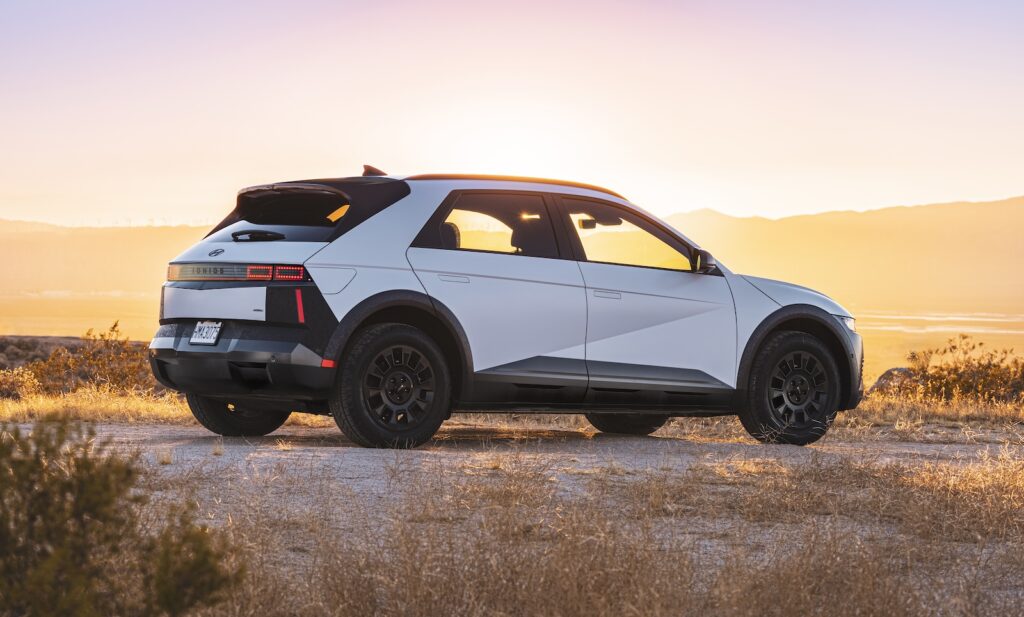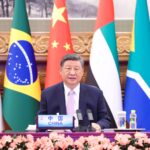Hyundai Says It Will Have 300 Wh/kg LFP Batteries In 2025
Advances in Lithium-Iron-Phosphate (LFP) Battery Technology
Hyundai has made significant strides in the development of Lithium-Iron-Phosphate (LFP) battery technology, aiming to produce batteries with an energy density of 300 Wh/kg by 2025. This breakthrough is expected to revolutionize the electric vehicle (EV) industry, offering improved performance, range, and cost-cutting opportunities.
What are LFP Batteries?
LFP batteries, also known as lithium-iron-phosphate batteries, use iron phosphate as the cathode material instead of the more traditional lithium cobalt oxide. This change provides several benefits, including increased safety, reduced cost, and improved environmental sustainability.
Benefits of 300 Wh/kg LFP Batteries
The target 300 Wh/kg energy density for LFP batteries would enable EVs to achieve higher ranges and faster charging speeds. This would make electric vehicles more appealing to a wider audience, potentially disrupting the traditional internal combustion engine-based market. The benefits include:
* Increased range: Vehicles with 300 Wh/kg LFP batteries could have a range of up to 500 miles (800 km) or more, making long-distance travel more practical.
* Faster charging: These batteries would support rapid charging capabilities, allowing for 0-80% charging in under 30 minutes.
* Reduced charging time: With the potential to charge up to 80% in as little as 15 minutes, these batteries would make long road trips much more feasible.
Challenges and Next Steps
While achieving 300 Wh/kg LFP batteries by 2025 is an ambitious goal, it is not without its challenges. Hyundai will need to overcome several hurdles to achieve this target, including:
* Materials science: Developing new materials and optimizing the production process for the required energy density.
* Cell design: Redesigning battery cells to accommodate the new materials and optimize their performance.
* Manufacturing: Scaling up production to meet demand and ensuring consistent quality.
Conclusion
Hyundai’s commitment to achieving 300 Wh/kg LFP batteries by 2025 has the potential to dramatically change the landscape of the EV industry. With the potential for improved performance, range, and sustainability, these batteries could make electric vehicles more viable for a broader audience. As the company continues to work towards this goal, the impact on the automotive industry will be significant.
Frequently Asked Questions
### Q: What is the current energy density of LFP batteries?
A: The current energy density of LFP batteries is around 100-150 Wh/kg.
### Q: When did Hyundai announce its 300 Wh/kg LFP battery goal?
A: Hyundai announced its 300 Wh/kg LFP battery goal in [insert date].
### Q: How will achieving 300 Wh/kg LFP batteries impact the EV industry?
A: Achieving 300 Wh/kg LFP batteries by 2025 has the potential to disrupt the EV industry, making electric vehicles more appealing to a wider audience and potentially leading to the widespread adoption of EVs.
### Q: What are the challenges facing Hyundai in achieving this goal?
A: Developing new materials, optimizing cell design, and scaling up production are some of the challenges Hyundai will need to overcome to achieve 300 Wh/kg LFP batteries by 2025.



_2.png?w=150&resize=150,150&ssl=1)
.png?w=150&resize=150,150&ssl=1)


